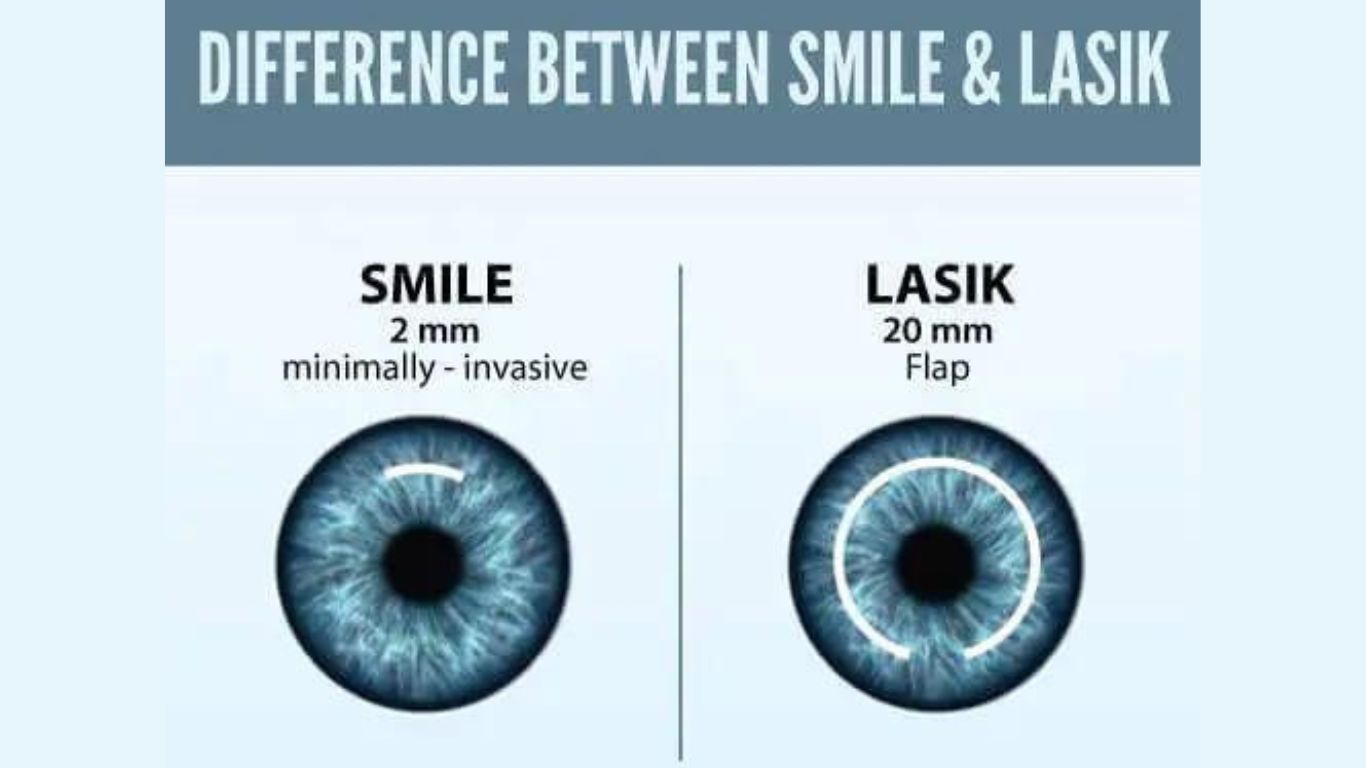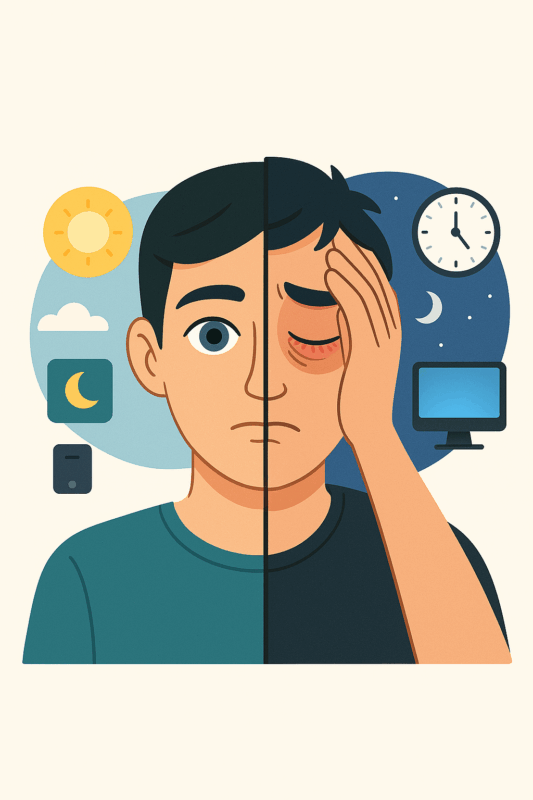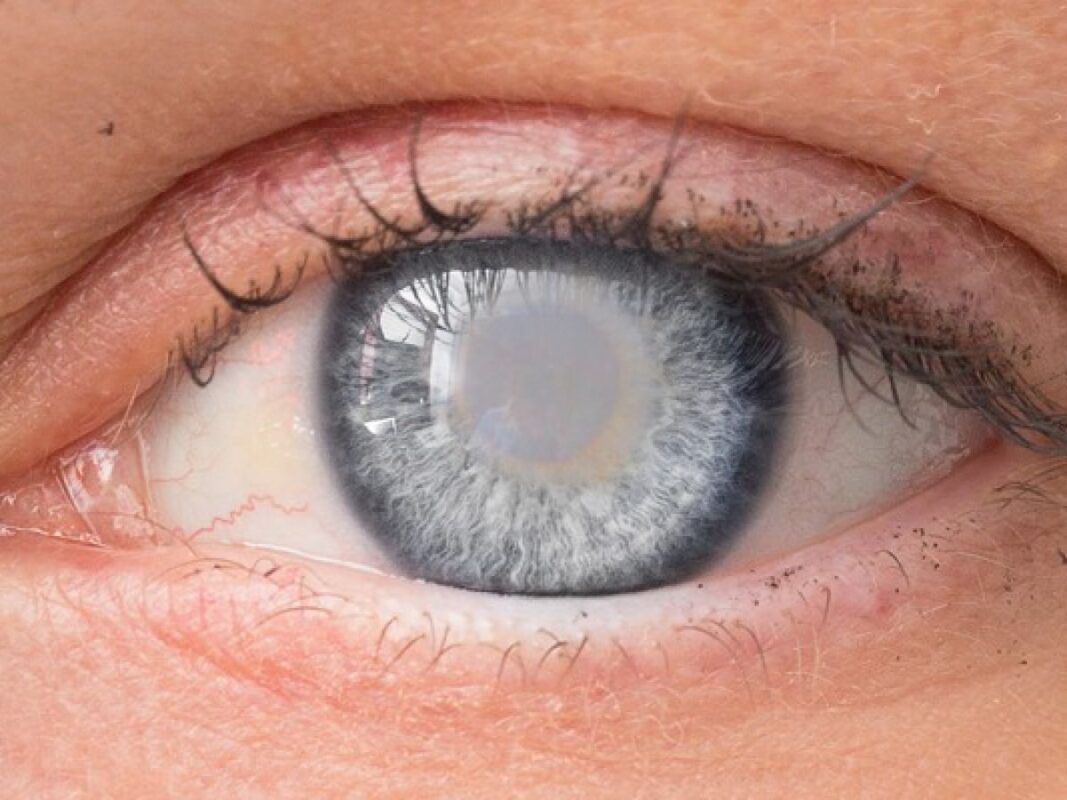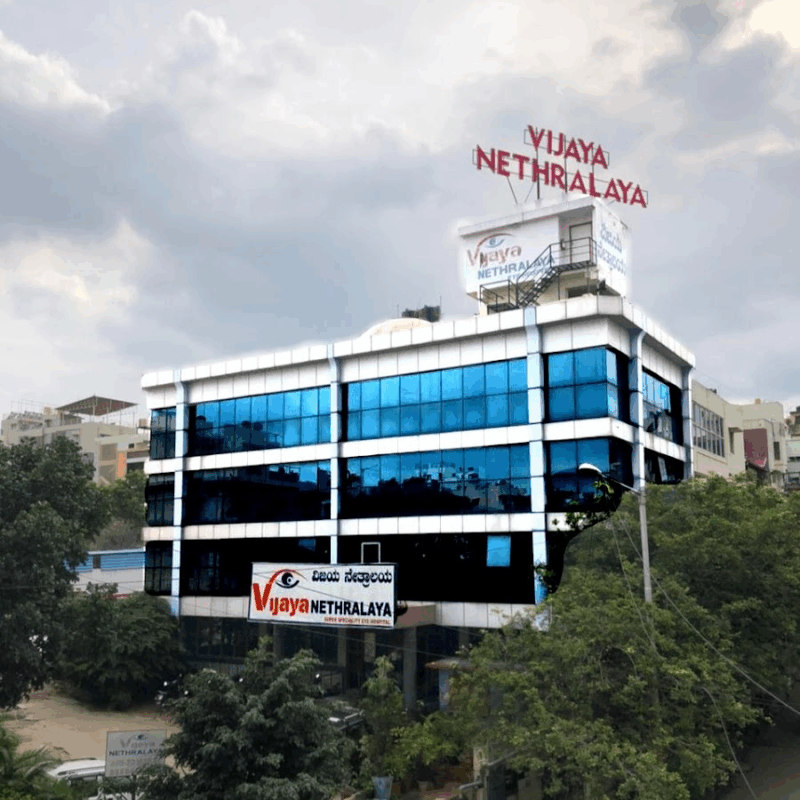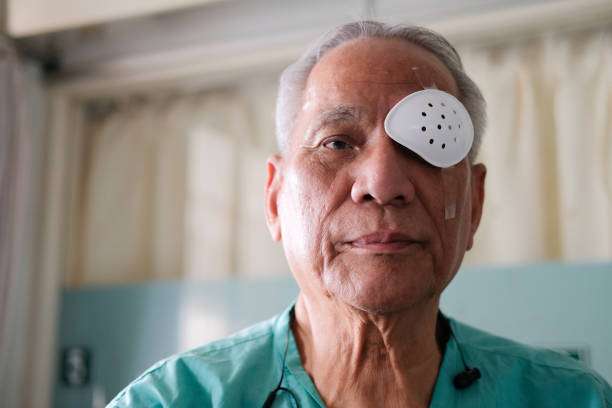Introduction:
Are you tired of relying on glasses or contact lenses for clear vision? Well, Smile Eye Surgery might be the solution you’ve been looking for. In this comprehensive guide, we’ll delve into everything you need to know about Smile Eye Surgery, including its benefits and risks, as well as the procedure itself. Whether you’re actively considering this revolutionary eye surgery or simply curious, read on to discover all the key details.
2. What Is Smile Eye Surgery?
Smile Eye Surgery, which is short for Small Incision Lenticule Extraction, is a modern refractive surgery technique designed to correct vision problems, primarily nearsightedness (myopia). Furthermore, it’s considered a significant advancement over traditional LASIK (Laser-Assisted In Situ Keratomileusis) surgery.

3. How Does Smile Eye Surgery Work?
Unlike LASIK, Smile Eye Surgery doesn’t require the creation of a corneal flap. Instead, it uses a femtosecond laser to create a small, precise incision in the cornea. This incision allows the surgeon to remove a lenticular, reshaping the cornea and correcting the refractive error. The procedure is minimally invasive and highly accurate.
4. Is Smile Eye Surgery Right for You?
Determining if it is suitable for you involves a comprehensive eye examination. Ideal candidates for this generally:
- Have stable vision prescription for at least a year.
- Are 18 years or older.
- Have healthy corneas and eyes.
- Are not pregnant or nursing.
Your eye surgeon will assess your specific situation to determine if you qualify for this procedure.
5. Benefits of Smile Eye Surgery:
This offers numerous advantages, including:
Minimally Invasive
The absence of a corneal flap reduces the risk of complications and discomfort during the healing process.
Rapid Recovery
Most patients experience a quick recovery, with improved vision within a day or two.
Predictable Results
This provides precise and predictable outcomes, enhancing your quality of life.
6. Risks and Complications
As with any medical procedure, this carries some risks and potential complications. These may include dry eyes, glare, and halos around lights. It’s essential to discuss these with your surgeon to make an informed decision.
7. The Smile Eye Surgery Procedure
Let’s delve into the specifics of the this procedures.
Anesthetic Eye Drops
Before the surgery, anesthetic drops will numb your eyes to ensure you feel no pain during the procedure.
Corneal Incision:
A femtosecond laser is used to create a small incision in the cornea.
Lenticule Extraction
The surgeon then extracts the lenticule, reshaping the cornea to correct the refractive error.
Quick Recovery
The entire procedure typically takes only 20-30 minutes for both eyes.
Recovery and Aftercare:
After Smile Eye Surgery, you will need to follow specific aftercare instructions, including using prescribed eye drops and avoiding strenuous activities. Your vision will improve progressively, with most patients achieving their desired visual acuity within a few weeks.
9. Frequently Asked Questions
Is Smile Eye Surgery painful?
No, Surgery is not painful. Patients may feel slight pressure or discomfort during the procedure, but anesthetic drops ensure you experience no pain.
Can both nearsightedness and farsightedness be treated with Smile Eye Surgery?
While Eye Surgery is primarily used to treat nearsightedness, it can also address some cases of mild farsightedness.
How long does it take to notice an improvement in vision?
Most patients experience improved vision within a day or two after the surgery.
Conclusion:
Smile Eye Surgery is a revolutionary procedure that can liberate you from the hassle of glasses and contact lenses. Its minimally invasive nature, rapid recovery, and predictable results make it an attractive option for many. However, it’s essential to consult with an experienced eye surgeon to determine if you are a suitable candidate. Ready to take the next step towards a clearer vision? Schedule a consultation with our eye surgeon to discuss this Eye Surgery and whether it’s the right choice for you. Don’t let vision problems hold you back from enjoying life to the fullest!

